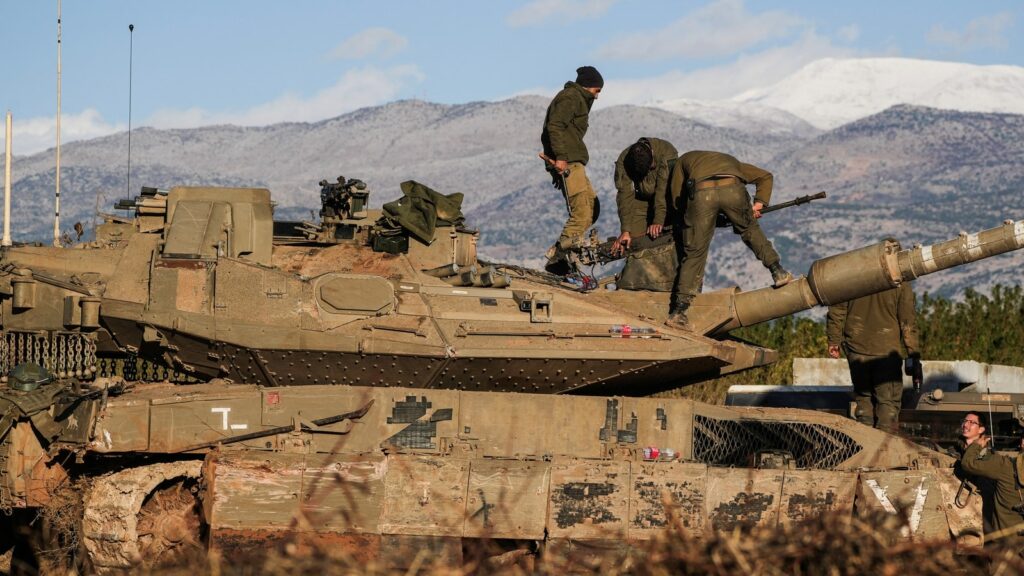According to the Prime Minister’s Office, Israel’s Security Cabinet approved the ceasefire agreement mediated by the United States and France, which was proposed by Prime Minister Benjamin Netanyahu. US President Joe Biden called the developments “good news” and announced efforts to encourage a ceasefire in Gaza. Joe Biden also acknowledged through a post on X that both Israel and Lebanon have agreed to the US proposal to end the conflict between Israel and Hezbollah.

Top 10 Israel-Lebanon ceasefire updates
• The United States and France brokered a ceasefire. Israel’s cabinet approved the deal late Tuesday after Prime Minister Benjamin Netanyahu presented it. US President Joe Biden said the deal was “good news” for regional stability.
Also read – “Israel and Hezbollah accept ceasefire deal proposed by US and France”: Joe Biden
• Israel and Lebanon’s Hezbollah have agreed to a ceasefire scheduled to take effect at 4am local time (7:30am IST) on Wednesday. The agreement came after weeks of escalating conflict and significant international diplomatic efforts.
• US President Biden and French President Emmanuel Macron announced a ceasefire in a joint statement after weeks of “tireless diplomacy”. Both leaders emphasized the importance of ending hostilities for peace in the region.
Hezbollah accepted the ceasefire proposal, but expressed concerns about the final form of the agreement. Mahmoud Kamati, vice-chairman of Hezbollah’s political council, said Hezbollah would review the signed agreement to see if it was in line with the terms communicated by Lebanese officials, Al Jazeera reported.
Also read – Pakistan launches midnight crackdown on Imran Khan supporters after deadly clashes
• Hours before the ceasefire was announced, Israel launched its heaviest offensive against Beirut and southern Lebanon since the start of the conflict. According to local reports, at least 42 people were killed.
• The Israeli military issued an evacuation warning to residents of central Beirut and its southern suburbs hours before the ceasefire, marking a final uptick in military activity.
• The ceasefire agreement does not address the ongoing war in Gaza, where Hamas continues to hold hostages. The situation in Gaza remains complex, with no immediate solution in sight.
• A ceasefire is expected to reduce the risk of a broader war involving Iran, which supports both Hezbollah and Hamas. Earlier this year, Israel and Iran engaged in a direct gunfight, raising concerns that the situation could escalate.
• US President Biden said the deal aims to be permanent, but Israel reserves the right to resume operations if Hezbollah violates the ceasefire. Prime Minister Netanyahu also warned that Israel would respond strongly to any violations.
• Oil markets showed signs of stabilization following news of the ceasefire. Brent crude oil closed near $73 per barrel, reflecting easing geopolitical risks, despite early volatility from the conflict.



